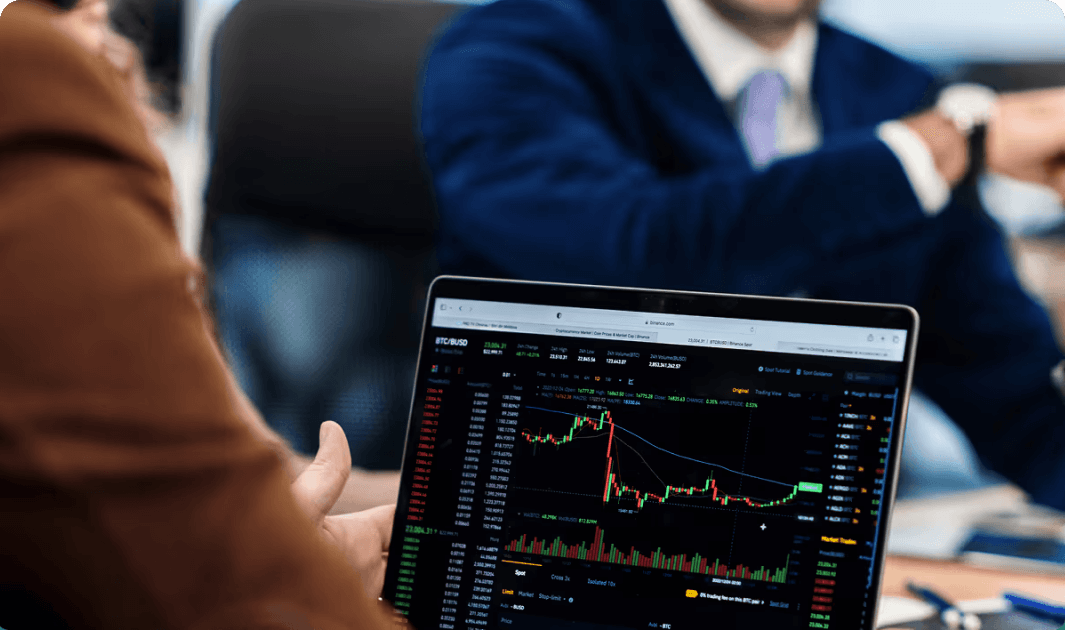Introduction to Trading Psychology
Let me start off by saying that even reading this chapter is a vital step in your journey into the forex. If you’re going to make money at trading currencies, it’s vital that you have a winning forex trading psychology. Understanding the how’s and why’s behind your actions when trading forex is key to having a productive and successful trading career.
As you learned earlier, it takes more than two or three skills to make it in the financial markets. In fact, to be a successful forex trader you will need a deep understanding of market fundamentals, technical indicators, risk management, trend recognition and chart patterns. Unfortunately, many market participants don’t spend enough time becoming fluent in these disciplines. As a result, their performance in the forex market suffers.
However, one’s aptitude is only one facet of being a competent market participant. If you don’t have the proper forex trading psychology, none of these skills will help you make money trading. You could have the best trading strategy, use the best analysis, confirm the trend a hundred times and still lose! Then what? Anger? fear? greed?
There are so many traders out there who are extremely intelligent but keep placing losing trade after losing trade. Why? The answer is simple – they lose money because they let their emotions cloud their judgment.
So, that’s what this level is all about. It addresses forex trading psychology, the impact of emotions, and how to manage each while growing your trading account in the process.
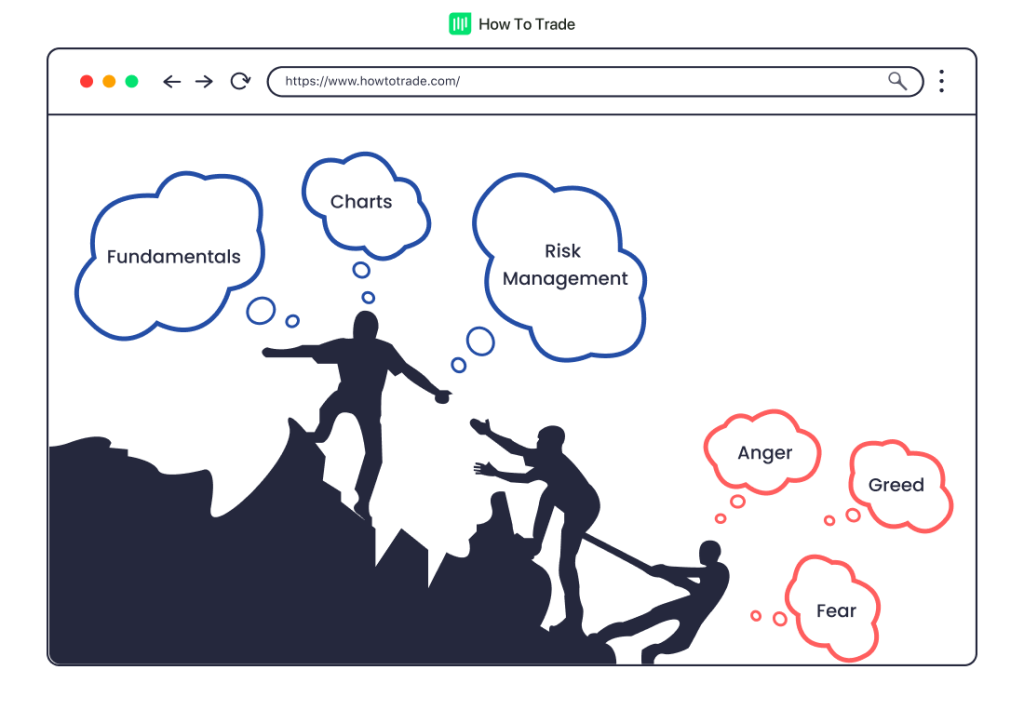
Avoid the pitfalls of emotional trading
It goes without saying, but to be a successful trader it’s critical to learn how to control your emotions. Notice how I said control? That’s because controlling your emotions doesn’t mean avoiding them -there’s a big difference.
The truth is, when you are trading forex, you will always experience strong feelings when making or losing money. This is perfectly natural and an essential part of the human experience. After all, you are not a robot, you’re a human being. Your humanity is one fact that can’t be simply forgotten when engaging the foreign exchange markets.
In the live market, there are things that forex traders do to manage “the human element.” One of the most effective ways is to approach active trading with a comprehensive plan. A good plan promotes consistency and discipline in real-time. When you have a plan, losing trades aren’t the end of the world – they are simply a part of doing business.
There may be no better investment advice than learning to master one’s own mentality. No matter your capitalisation, trading strategy, or style, staying on top of your emotions is vital to building a robust forex trading psychology.
What is forex trading psychology?
Forex trading psychology addresses the significance of an individual’s mindset when interacting with the marketplace. At its core, a trader’s psychology is based on how they manage emotions, feelings, and thought processes when engaging the forex market.
According to trading gurus, forex traders have a better chance to succeed in the financial markets if they stay rational and do not yield to greed or fear. They believe that although emotional stimuli are different for each person, there remain a number of universal influences. Among the most prevalent are fear, anger, impatience, and greed.
In reality, the world of forex trading psychology is much more complex than the basic fear/greed anger/impatience dichotomies. Nonetheless, here’s a brief look at each:
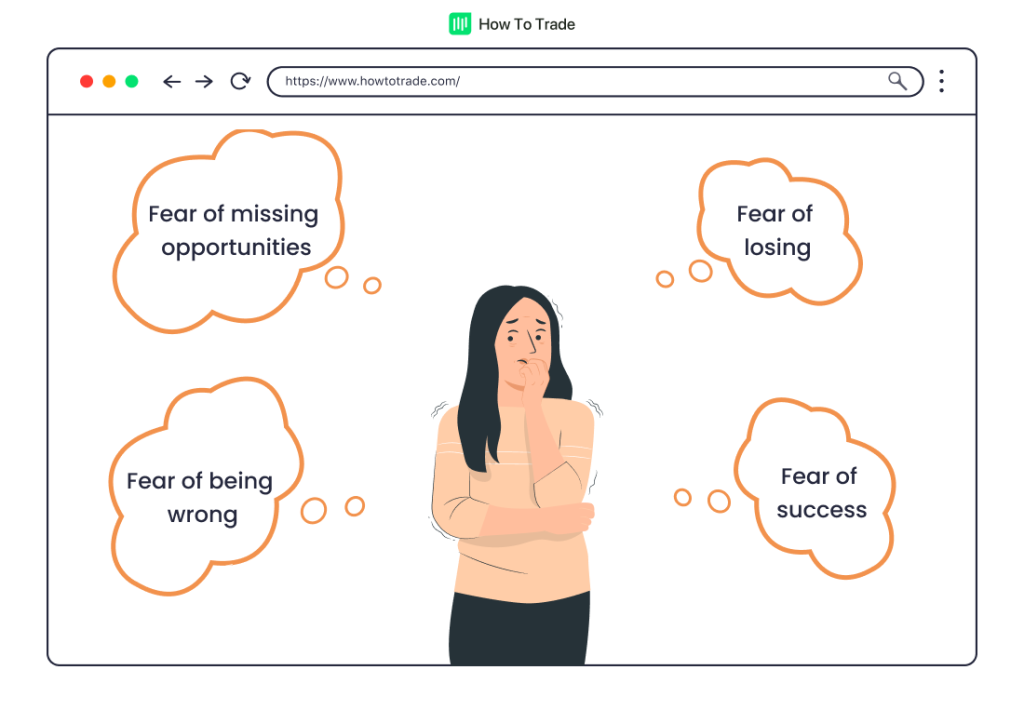
Fear
Fear can be a major performance detractor. Typically, fear becomes a decision-altering factor following losing trades. As the negative reinforcement of financial loss impacts forex traders, the tendency is to become paralyzed in the market. Ultimately, the end products are passive trading and deviating from the predefined forex trading strategy.
Being afraid in the foreign exchange markets undermines profitability in countless ways. That’s why to be a professional trader, one must conquer fear. A few ways of doing so are implementing strict risk management protocols and gaining experience in the markets.
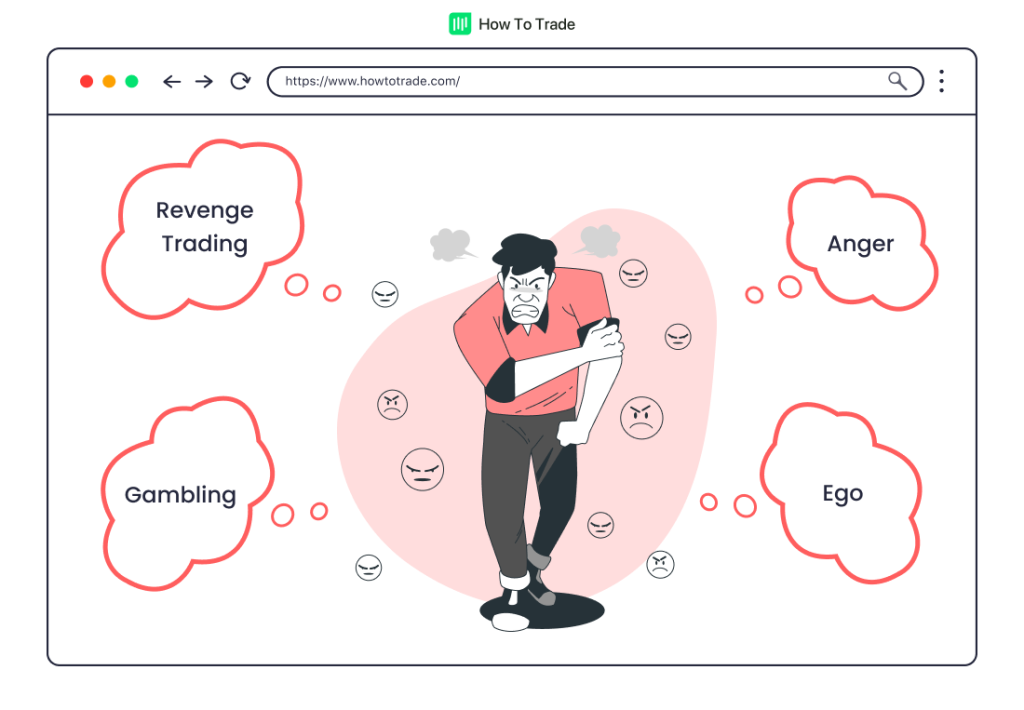
Anger
Anger is a complex emotion that can arise from many sources. When trading forex, anger commonly stems from frustration and a perceived inability to consistently grow one’s trading account.
Like fear, anger is a primary performance detractor. When you’re angry, your perspective is skewed decision-making altered and trading psychology compromised. Most of the time, anger is a product of poor risk management and losing money rapidly.
No matter if you’re trading stocks, currencies, or commodities, it’s imperative that anger is kept in check at all times. Two good ways to manage anger are to take a break from the markets or reduce applied leverage.
Impatience
Impatience is another emotion that wreaks havoc on retail investor accounts across the board. Interestingly enough, it can be the product of both wins and losses, profits and losses. The main way in which impatience manifests itself is through overtrading.
One of the things that separate a professional trader from a novice is the ability to act consistently in the market. Thus, if you’re overtrading on a regular basis, you’re not behaving like a professional. Once again, it’s difficult to overstate the importance of sticking to a comprehensive plan.
Greed
In forex trading, greed isn’t always good. Yes, it serves a purpose when fueling the entrepreneurial spirit. However, it can lead to haphazard risk-taking and sloppy money management.
When building a solid forex trading psychology, it’s critical to recognize that being hyper-aggressive is one of the most dangerous trading practices. Remember, stick to your plan no matter if you are winning or losing.
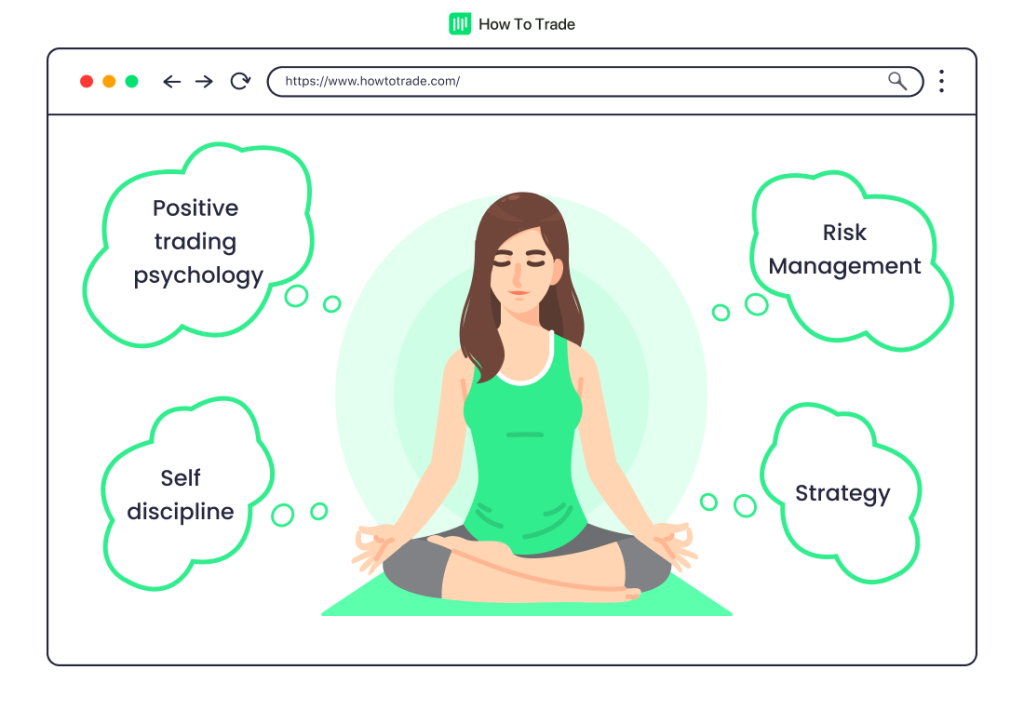
Achieving the forex zen
Let’s talk facts. There are risks involved in any and every job; whether you are an attorney, pigeon trainer, waterslide tester, or forex trader. Risk is simply part of the game and it needs to be thoroughly addressed by your trading psychology.
Now, let’s say that you lost a trade even though you followed your strategy and all your rules. You made sure the price was trading under the major support level or above the major resistance level, and you followed everything on your checklist. You triple-checked all of this and yet you still lost your trade.
Well, guess what? That’s not a loss. That’s what we call a business expense. In forex trading, a business expense is a price we pay to pursue opportunities in the market.
I know what you’re thinking; what would be considered a real loss then? A real loss would be not following your set rules, ignoring your strategy, and trading based on someone else’s tips. This is a key part of positive trading psychology: understanding why a loss occurred and if it was justified or not.
It’s as simple as that. Once you understand that winning and losing are two sides of the same coin, only then you will be able to measure your success – not in money but rather in consistency and self-discipline.
Remember, you can never be a loser if you always follow your rules and stick to your plan.
Summary
Building rock-solid trading psychology is a foundational element of a successful trading career. In order to do so, you must understand the role that emotions play and how fear, anger, impatience, and greed impact performance. While no one enjoys losing money, it’s crucial to understand that capital loss is a part of doing business!
In the next chapter, we’ll learn more about how you can enhance your trading psychology via emotional control.

